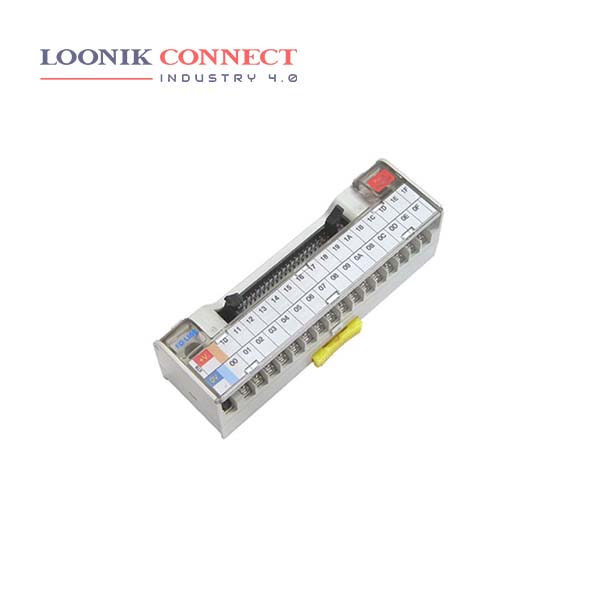Terminal blocks are connectors that terminate a single wire and connect it to a circuit or other system. Terminal blocks come in a range of shapes, sizes and ratings, but always terminate a single wire (single pole) and are never multi-pole. Factories use terminal blocks to secure and/or terminate wires. In their most basic form, terminal blocks consist of several individual terminals which are arranged in a long strip. The terminal block is most useful for connecting wiring to ground.
Terminal blocks offer a cost-effective and time-saving solution for connecting wires. Not only do they make connecting wires in the field a simple and straightforward process, but they also provide an added layer of safety by grounding, isolating and protecting components in an electrical circuit.
The biggest difference between a terminal block and a bus bar is that a terminal block has separated circuits where each incoming wire is paired with an outgoing wire whereas a bus bar gathers multiple wires together for electrical distribution.









